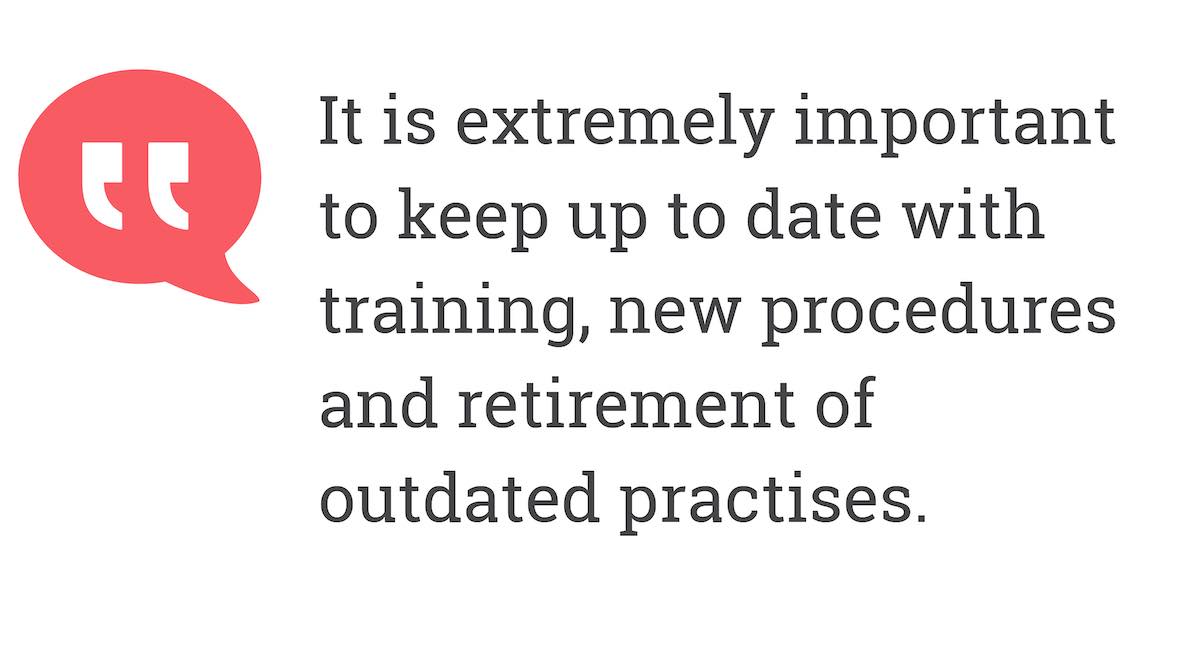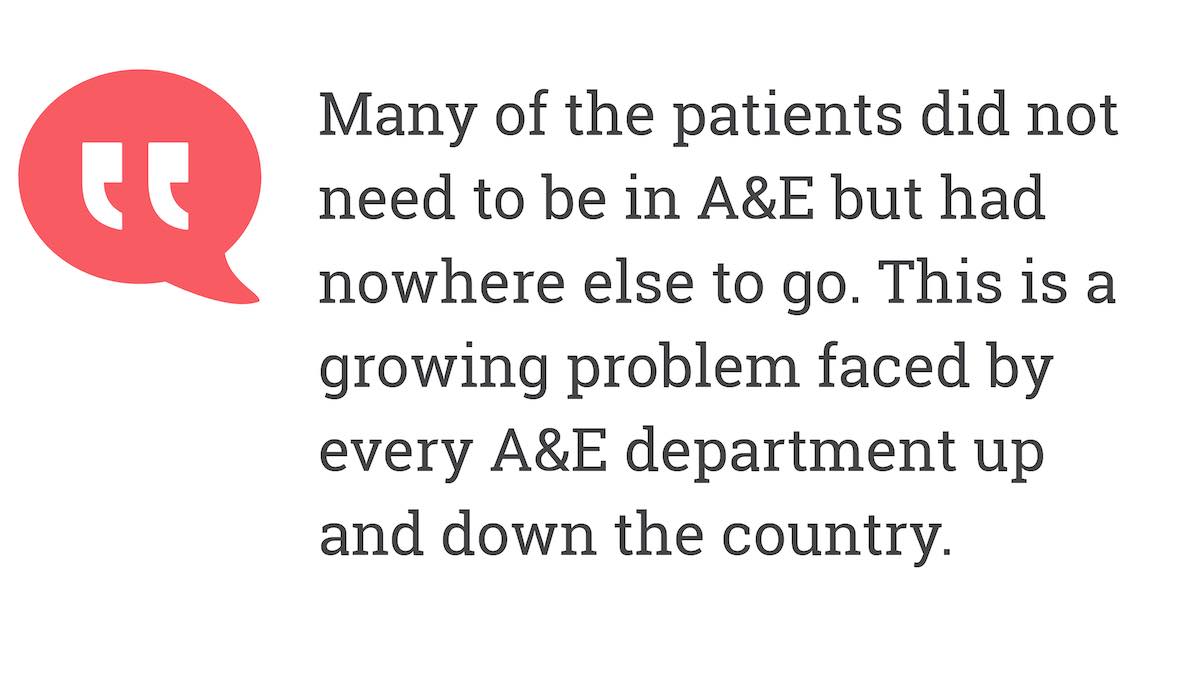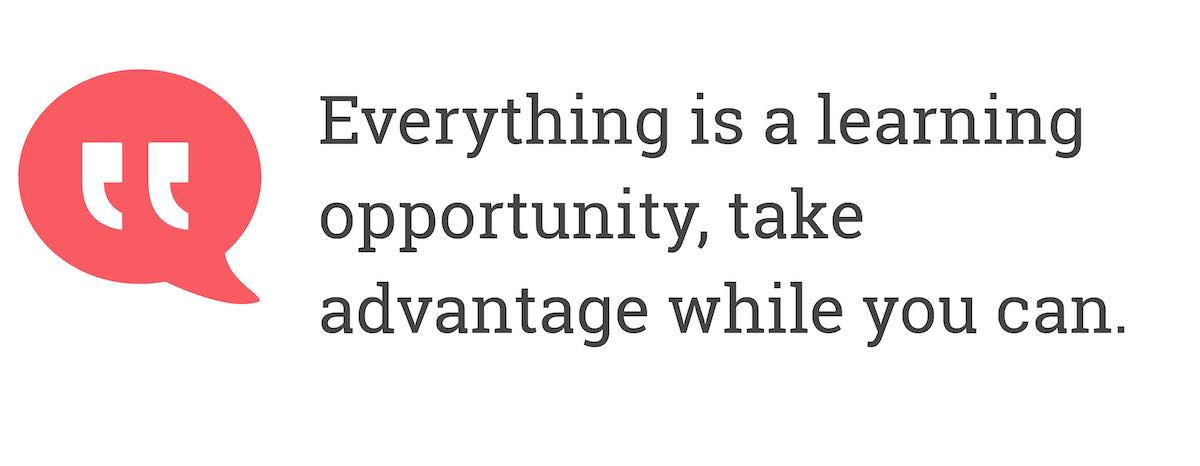 "I loved my time in A&E, it sculpted and chiseled me into the nurse I am today."
"I loved my time in A&E, it sculpted and chiseled me into the nurse I am today."Former A&E Nurse, Suzanne Armstrong, gives a detailed overview of the job of an A&E Nurse as well as a guide on how to become one.
Topics covered in this article
What inspired you to become an A&E Nurse?
What is an Accident & Emergency Nurse?
Training to be an Accident & Emergency Nurse
Placements for Accident & Emergency Nurses
Continuing professional development
Key duties and responsibilities of an A&E Nurse
What you do as a A&E Nurse day to day?
What are the key soft / personal skills needed for an A&E Nurse?
How long does it take to become an A&E Nurse?
What is the salary like for an A&E Nurse?
What do you love about your job?
What challenges do you face as an A&E Nurse?
Career prospects and opportunities
Further studies you can do to advance your career
What inspired you to become an A&E Nurse?
I am one of the lucky people, I always knew what I wanted to do with my life.
I dreamt of being a nurse long before I could actually be one.
As a little girl all my teddy bears had bandages and splints.
Caring is just in my nature and I wouldn’t want it to be any other way.










About this contributor
Intensive Care Deputy Sister
I am a lifelong nurse with a real passion for care. I started my career in a busy seaside A&E department and am now an intensive care deputy sister at a large city hospital. My work is and always has been a big part of my life, I fill the rest with my fantastic family, loving husband James, two beautiful little girls and cheeky cockapoo called Charlie.
More by this contributorWant to get involved in the discussion?
Log In Subscribe to commentPaul Schofield
Paul Schofield
2 years agoHi Suzanne, I am only 14 but for my whole life I've wanted to be a nurse. I was looking ... read more
Hi Suzanne, I am only 14 but for my whole life I've wanted to be a nurse. I was looking for what being an A&E nurse would be like and how to become one. Thank you for sharing that. I aspire to be an A&E nurse one day.
read less
F Y
F Y
4 years agohi, Suzanne I really enjoyed your article. I am a student applying to study nursing in uni and would really ... read more
hi, Suzanne I really enjoyed your article. I am a student applying to study nursing in uni and would really like to one day become an a&e nurse. However, I am extremely confused as to whether I would like to be a child nurse or an adults nurse. Could you perhaps explain to me the difference in role etc between a child and adult nurse and whether a child nurse could become an a&e nurse Thank You
read less